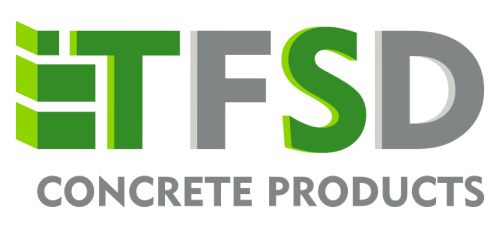Exploring the Benefits
When it comes to choosing the right material for retaining walls, two popular options often stand out: concrete retaining blocks and gabions. Understanding their unique advantages can help you make an informed decision tailored to your specific needs.
Concrete Retaining Blocks:
- Durability: Concrete retaining blocks offer exceptional durability. They withstand weather elements and erosion over time, providing long-term stability to retaining walls.
- Ease of Installation: These blocks are pre-cast and ready for installation, making the construction process quicker and more efficient compared to other materials.
- Variety in Design: Concrete blocks come in various shapes, sizes, and textures, allowing for versatile designs that suit different aesthetic preferences.
- Low Maintenance: Once installed, concrete blocks require minimal maintenance, reducing long-term costs and efforts.
Gabions:
- Natural Aesthetics: Gabions offer a more natural look as they are typically filled with stones or rocks. They blend well with the landscape, providing a visually appealing solution.
- Flexibility: They adapt well to ground movement, making them suitable for areas prone to soil shifting or seismic activity.
- Eco-friendly: Gabions use natural materials, promoting environmental sustainability and allowing for the growth of vegetation within the structure.
- Drainage Properties: Their porous nature allows water to pass through easily, preventing pressure buildup behind the wall.
Conclusion:
Choosing between concrete retaining blocks and gabions depends on your project’s requirements. Concrete blocks offer durability, ease of installation, and design versatility, while gabions provide a natural aesthetic, flexibility, and eco-friendliness. Consider the specific needs of your project, aesthetic preferences, and long-term maintenance before making your decision.
Both options have distinct advantages, so weigh these benefits against your priorities to make an informed choice for your retaining wall solution.

